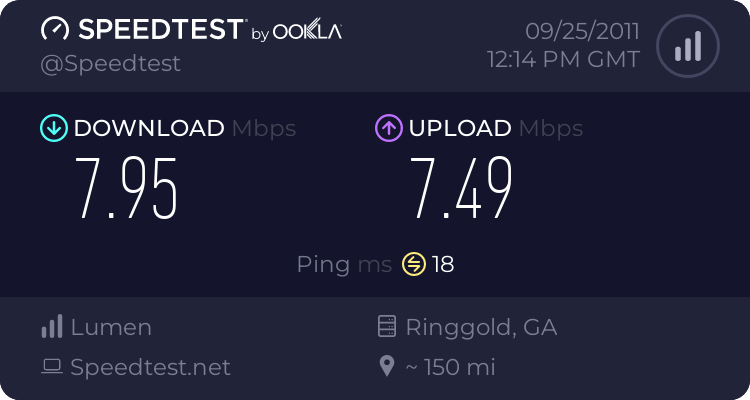Bush administration the F.C.C. deregulated high-speed Internet providers, arguing that cable Internet access was different from the kind of high-speed Internet access provided by phone companies. Cable Internet access providers, the commission said, really offered an integrated bundle of services not just Internet connection but also e-mail, Web hosting, news groups and other services. So the F.C.C. declared that high-speed Internet access would no longer be considered a telecommunications service but rather an information service. This removed all high-speed Internet access services phone as well as cable from regulation under the common-carrier section of the Communications Act.
This was a radical move, because it reversed the long-held assumption that a nondiscriminatory communications network was essential to economic growth, civic welfare and innovation. At the same time, the F.C.C. said that it would retain the power to regulate Internet access providers if the need arose, under another section of the Communications Act.
The Bush F.C.C. hoped that deregulation would prompt greater competition in Internet access services. But a wave of mergers instead reduced it. Prices stayed high and speeds slow. And eventually the carriers started saying that they wanted to be gatekeepers creating fast lanes for some Web sites and applications and slow lanes for others.
Op-Ed Contributor - An Internet for Everybody - NYTimes.com



 It's not like we're housing nuclear warheads or anything. If someone wants the latest Britney Spears song I say let 'em have it.
It's not like we're housing nuclear warheads or anything. If someone wants the latest Britney Spears song I say let 'em have it.



 Don't tell me all these complaints were a lead up to a Bush bash.
Don't tell me all these complaints were a lead up to a Bush bash.